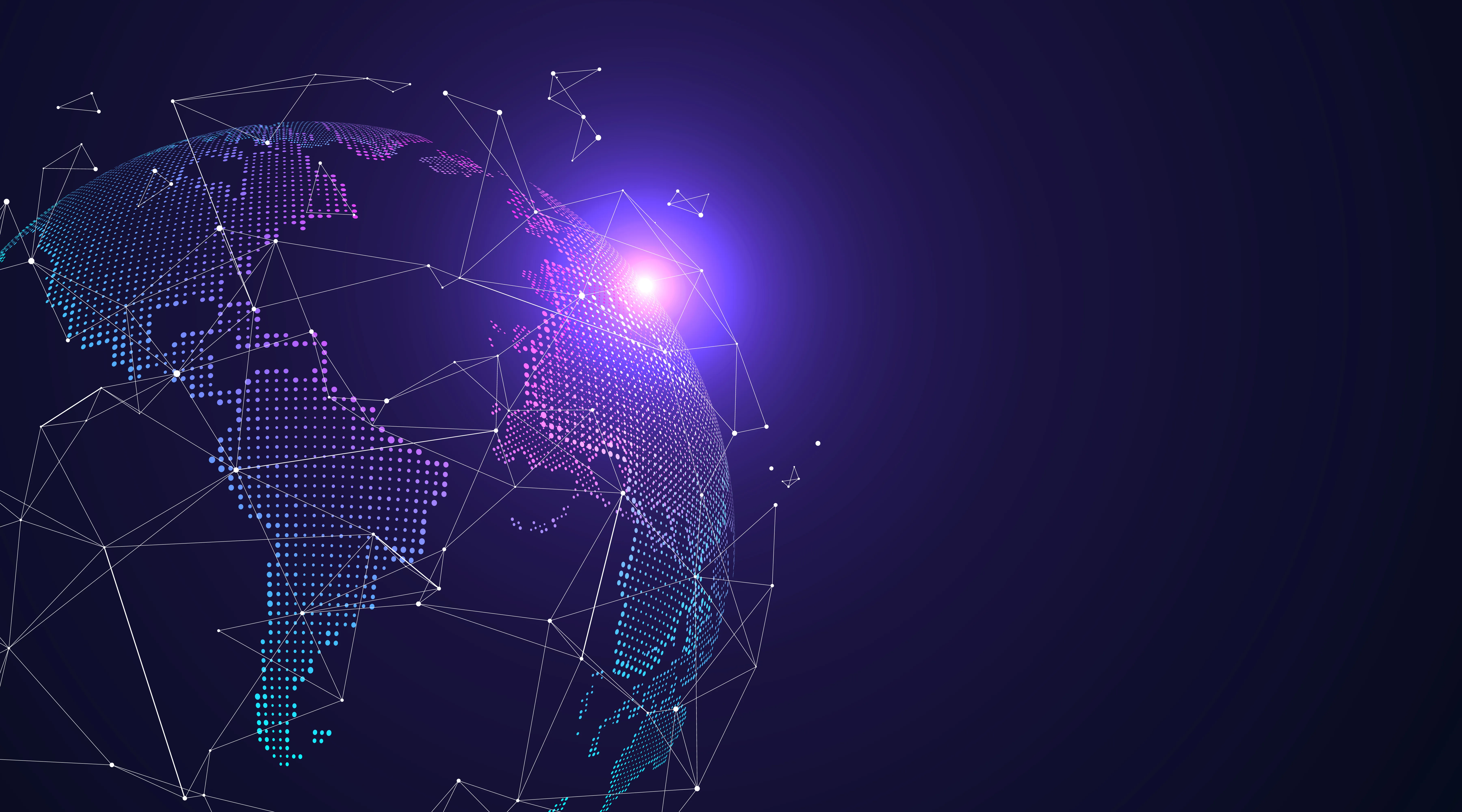The future of the Internet is more interactive & immersive with Web 3.0
 Beardy Nerd
Beardy Nerd
The most recent Internet technology, known as Web 3.0, uses blockchain, artificial intelligence, and machine learning to enable real-world human contact. The cherry on top of web 3.0 is that users will get paid for their online time in addition to being able to control their data.
Does it seem too wonderful to be true? Welcome to the Internet of the future.
Definition of Web 3.0.
The third iteration or version of the Internet, referred to as Web 3.0 (also known as web3), integrates data in a decentralized manner to provide a quicker and more individualized user experience. Your information is safe and secure since it is constructed with the help of artificial intelligence, machine learning, and the semantic web. It also makes use of the blockchain security system.
Web 3.0 is characterized by decentralization, openness, and amazing user usefulness.
An automated computer network organization model known as a decentralized autonomous organization (DAO) is one whose transaction records are kept on a blockchain and is governed by its community as opposed to a single entity such as the government or even a financial institution.
The semantic web is intended to comprehend and interpret the context and notion of the material. As a consequence, when a user looks for a solution, web 3.0 provides the most precise and pertinent result.
Tech behemoths like Google, Facebook, and Microsoft are just a handful of the businesses now generating a tonne of money off of user data. However, Web 3.0 will make it possible for us all to receive payment for our data and time:
"Tech companies have taken advantage of people, basically tricking them into handing over valuable data with little to no remuneration from the companies that gather and profit from it. People should be compensated for the data they contribute with web3 instead.”
As a result, people will be able to sell their own data to marketers without compromising ownership or privacy. Web3 will also make it possible for applications and websites to use data extra intelligently and to customize the information for each user.
As a result, this third generation of the web is a place where you may connect with computers and websites in a personalized way, just like you would with a human.
What separates Web 1.0, Web 2.0, and Web 3.0?
We must first understand how web 1.0 and web 2.0 helped us get here before moving on to web 3.0.
Here is a synopsis of the Internet's history:
Web 1.0 is a read-only web where users may only view content that has been posted on websites.
People may read and create material on websites and applications in the read-write web known as Web 2.0.
Web 3.0 is a read-write-interact web that allows users to read, write, and interact with the material, including 3D visuals, on websites and applications. It is driven by artificial intelligence.
Final Thoughts - Blockchain & Web 3.0
It can be challenging to distinguish between blockchain and web 3.0 because they are frequently conflated.
In layman's words, blockchain is one of the technologies driving web 3.0, along with IoT and AI. More specifically, because it redefines the data structures in the semantic web's backend, blockchain is the basis of web3.
Blockchain is a decentralized state machine that uses intelligent contracts. It is also known as the Ethereum blockchain. These smart contracts specify how a web 3.0 application should function. Therefore, everyone who wants to create a blockchain application must deploy it on the shared state machine.
With cross-platform development tools, 3D graphics, tailored search results, and new business models by Web 3.0, it will hasten the ethical and open usage of user data. The internet will get more interactive and immersive.
Subscribe to my newsletter
Read articles from Beardy Nerd directly inside your inbox. Subscribe to the newsletter, and don't miss out.
Written by

Beardy Nerd
Beardy Nerd
Beardy Nerd is here to simplify your personal and professional life. Stay updated with life hacks, NFTs, Metaverse, Crypto, Web 3.0, AI, IOTs, SEO, Social Media, and more...